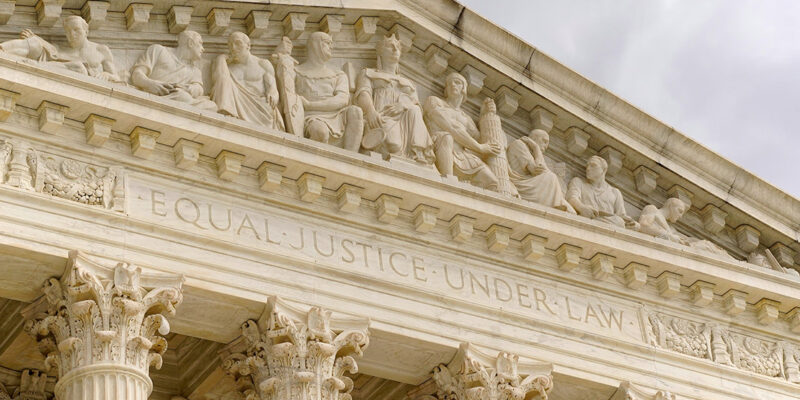U.S. Supreme Court
Joan and Irwin Jacobs Supreme Court Docket
- Select Term
- 2024 Term
- 2023 Term
- 2022 Term
- 2021 Term
- 2020 Term
- 2019 Term
- 2018 Term
- 2017 Term
- 2016 Term
- 2015 Term
- 2014 Term
- 2013 Term
- 2012 Term
- 2011 Term
- 2010 Term
- 2009 Term
- 2008 Term
- 2007 Term
- 2006 Term
- 2005 Term
- 2004 Term
- 2003 Term
- 2002 Term
- 2001 Term
- 2000 Term
- 1999 Term
- 1998 Term
- 1997 Term
- 1996 Term
Supreme Court Term 2023-2024
Weâre breaking down the cases we've asked the court to consider this term.
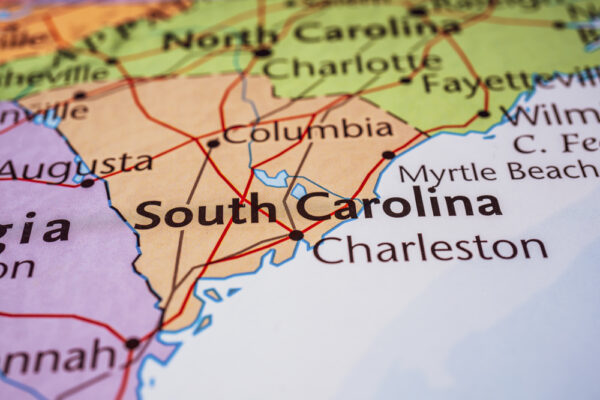
Voting Rights
Alexander v. South Carolina State Conference of the NAACP (Congressional Map Challenge)

Voting Rights
Callais v. Landry

Reproductive Freedom
Idaho and Moyle, et al. v. United States
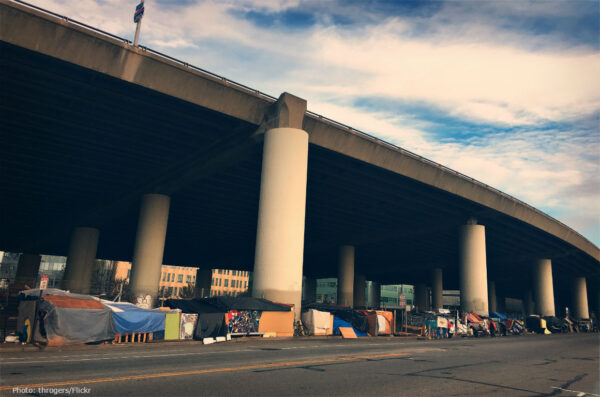
Criminal Law Reform
Disability Rights
City of Grants Pass v. Johnson
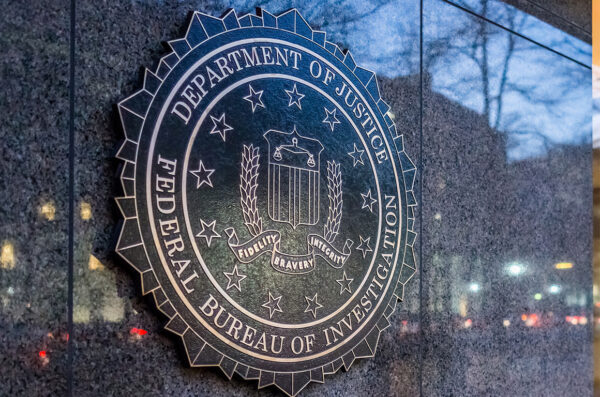
National Security
FBI v. Fikre
Learn More About the Issues Before the Court
All Cases
557 Supreme Court Cases

LGBTQ Rights
L.W. v. Skrmetti/U.S. v. Skrmetti

LGBTQ Rights
L.W. v. Skrmetti/U.S. v. Skrmetti

LGBTQ Rights
B.P.J. v. West Virginia State Board of Education

LGBTQ Rights
B.P.J. v. West Virginia State Board of Education
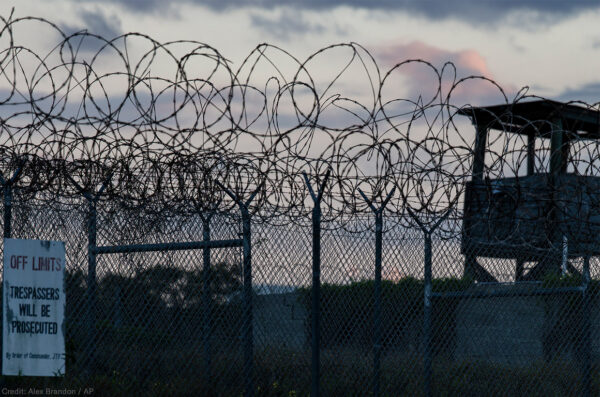
National Security
Connell v. CIA â FOIA Lawsuit Seeking Records About CIA âOperational Controlâ Over a Detention Facility at Guantánamo Bay

National Security
Connell v. CIA â FOIA Lawsuit Seeking Records About CIA âOperational Controlâ Over a Detention Facility at Guantánamo Bay
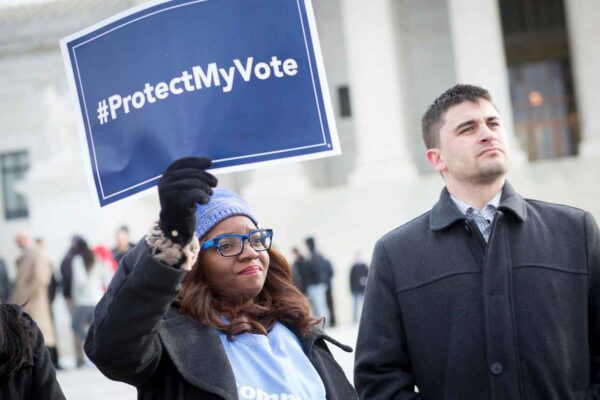
Voting Rights
Pennsylvania State Conference of the NAACP v. Schmidt

Voting Rights
Pennsylvania State Conference of the NAACP v. Schmidt
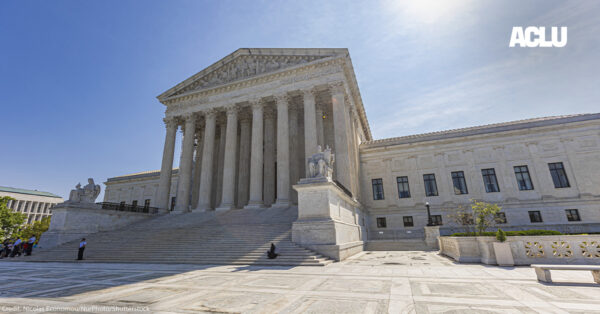
Criminal Law Reform
Racial Justice
Carpenter v. United States

Criminal Law Reform
Racial Justice
Carpenter v. United States
How Do Terms Work?
Between October and late June or early July the Supreme Court is âin session,â meaning it hears oral arguments, issues written decisions, and decides whether to take additional cases.
Submitting petitions
Our legal team at the ACLU files a cert petition to the U.S. Supreme Court, a type of petition that usually argues that a lower court has incorrectly decided an important question of law that violates civil rights and should be fixed to prevent similar confusion in similar cases.
U.S. Supreme Court decides to take a case
On average, the Court considers about 7,000 â 8,000 petitions each term and accepts about 80 for oral argument.
Oral arguments
This is the period where the U.S. Supreme Court listens to our case in court.
U.S. Supreme Court makes final decisions
While the U.S. Supreme Court makes decisions throughout the term, many are released right before the term ends. If a decision doesn't go in our favor, we fight back!
